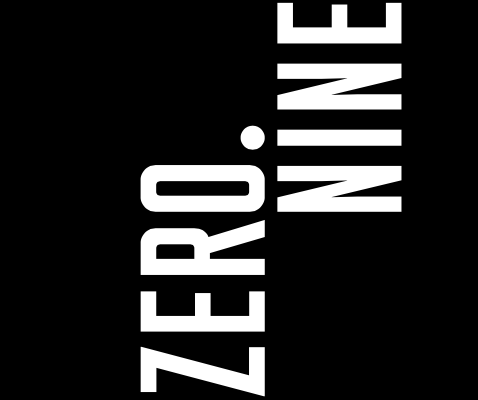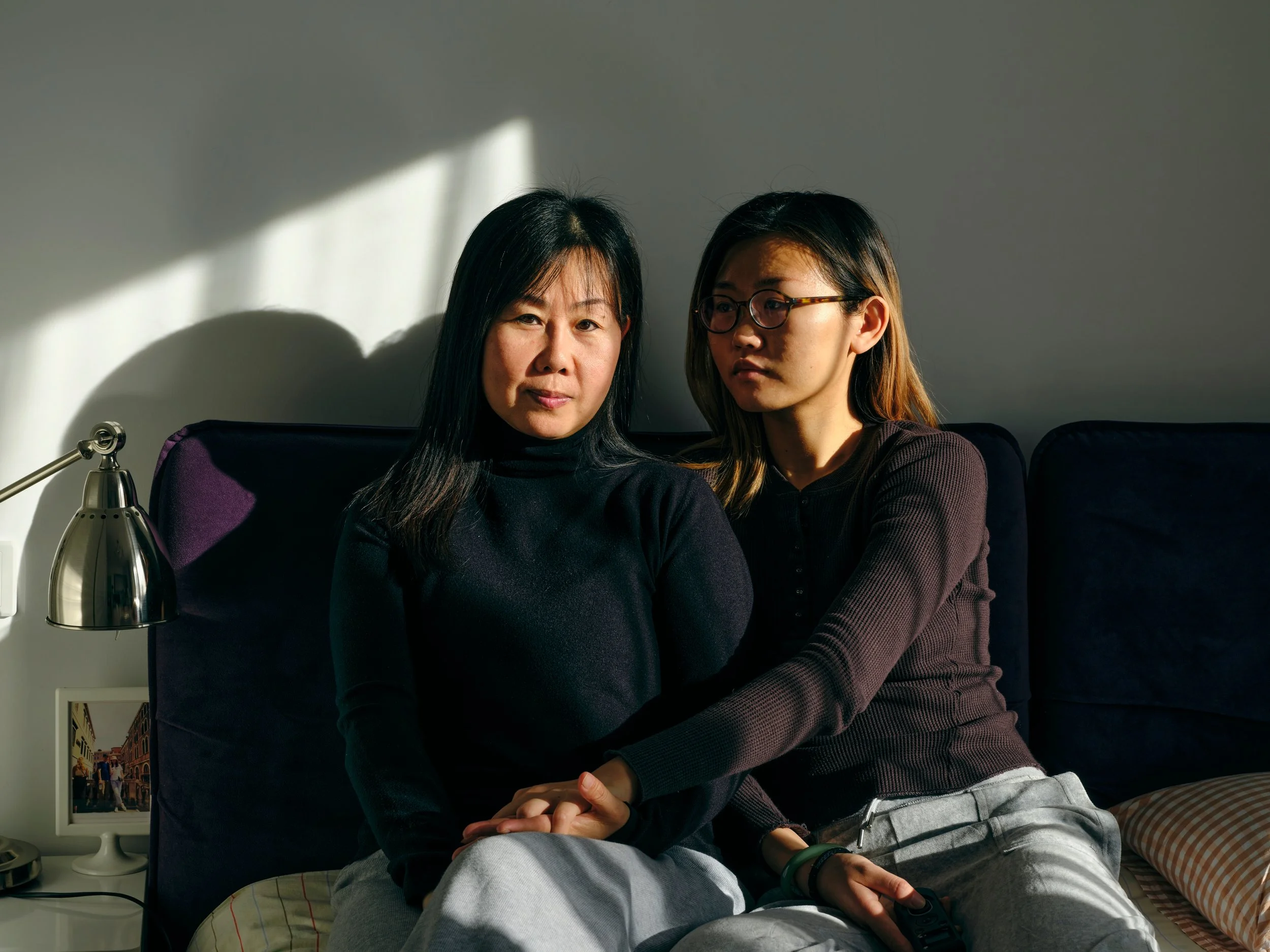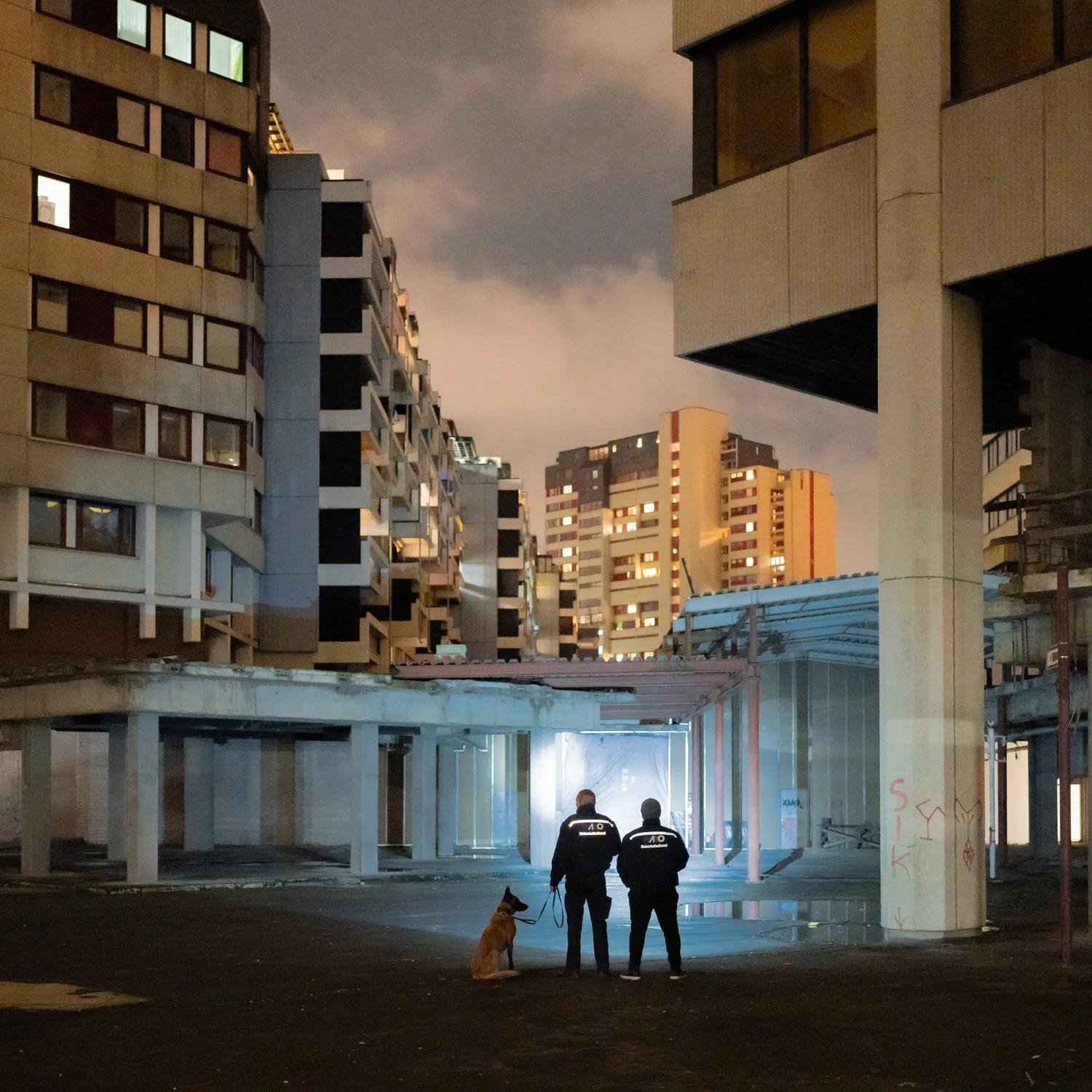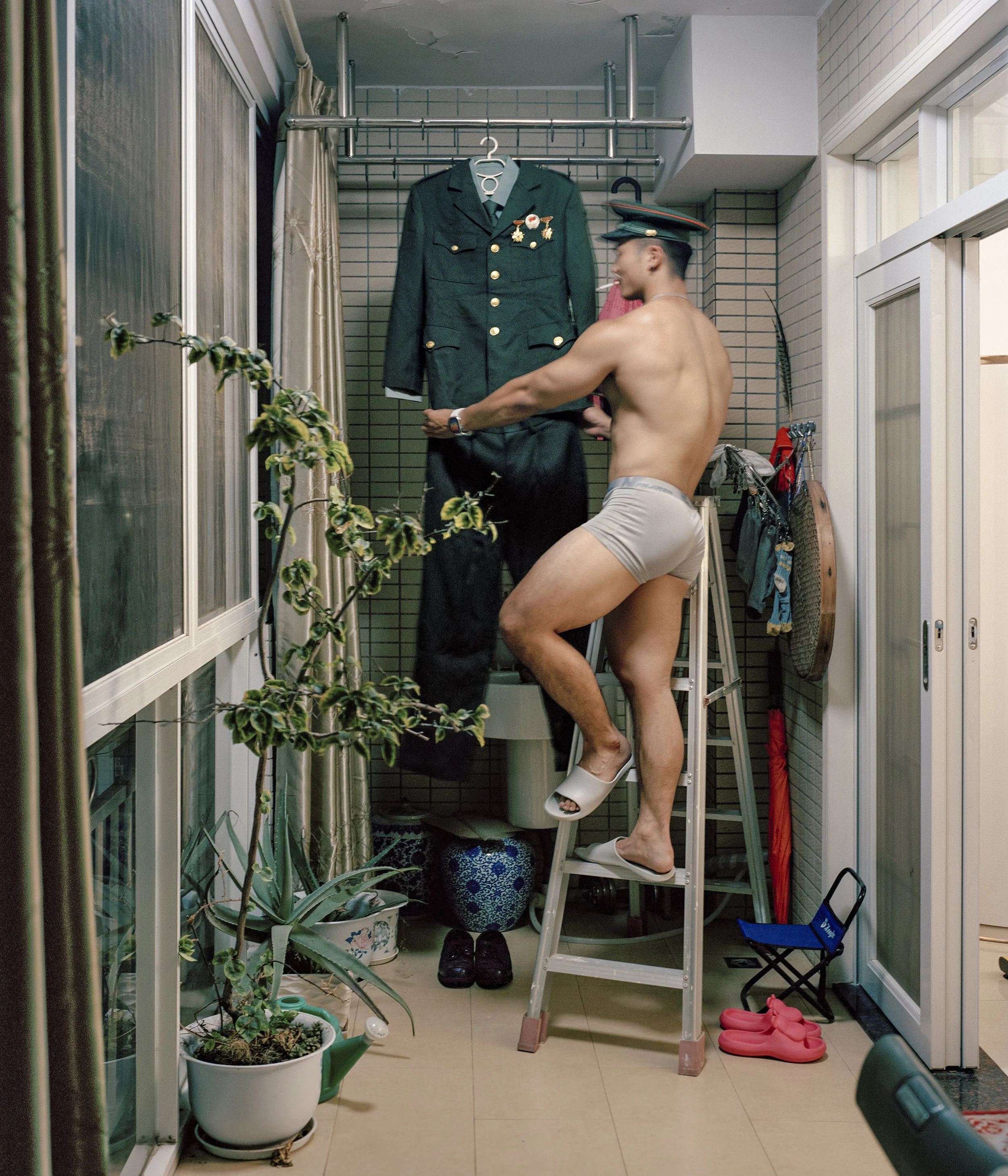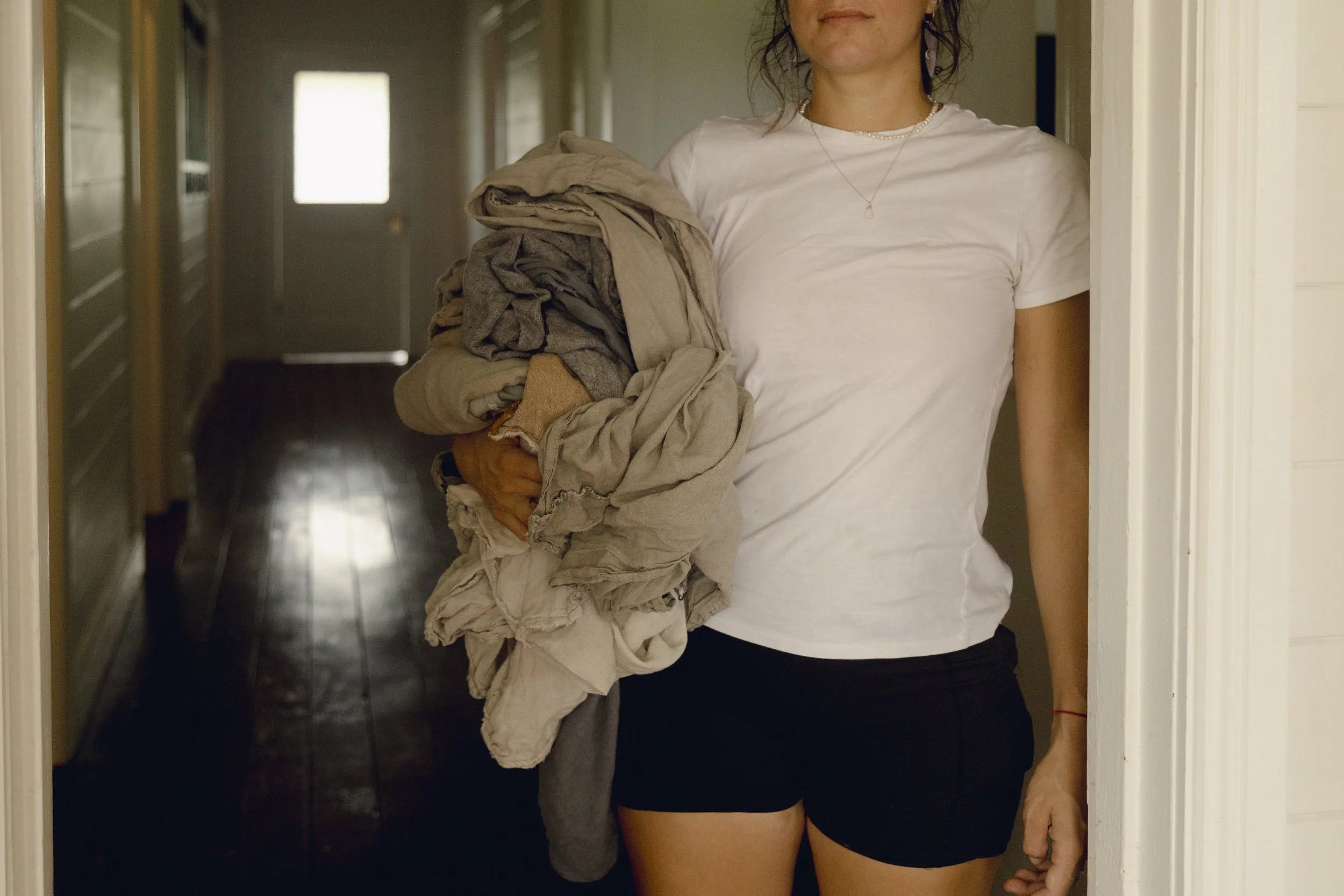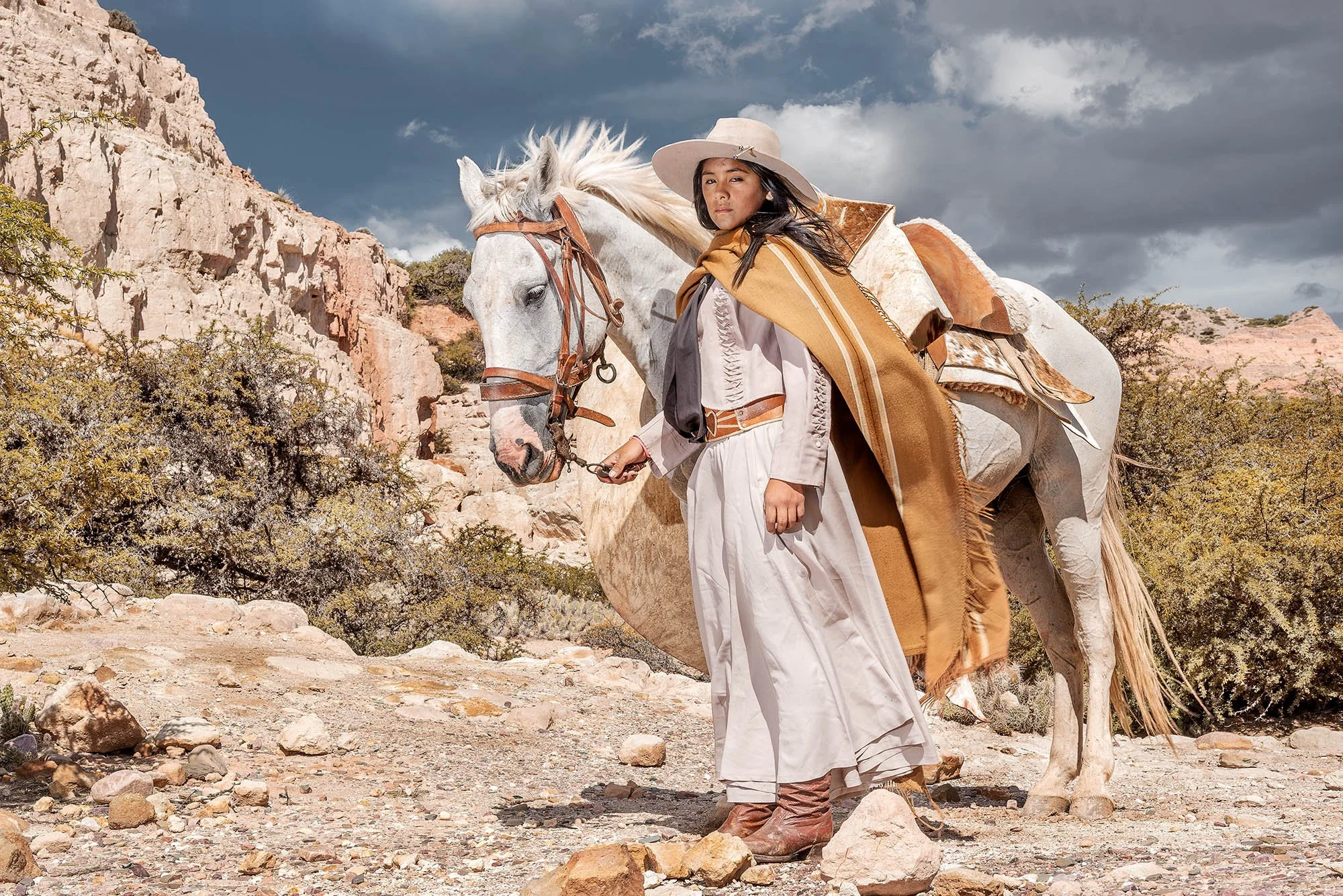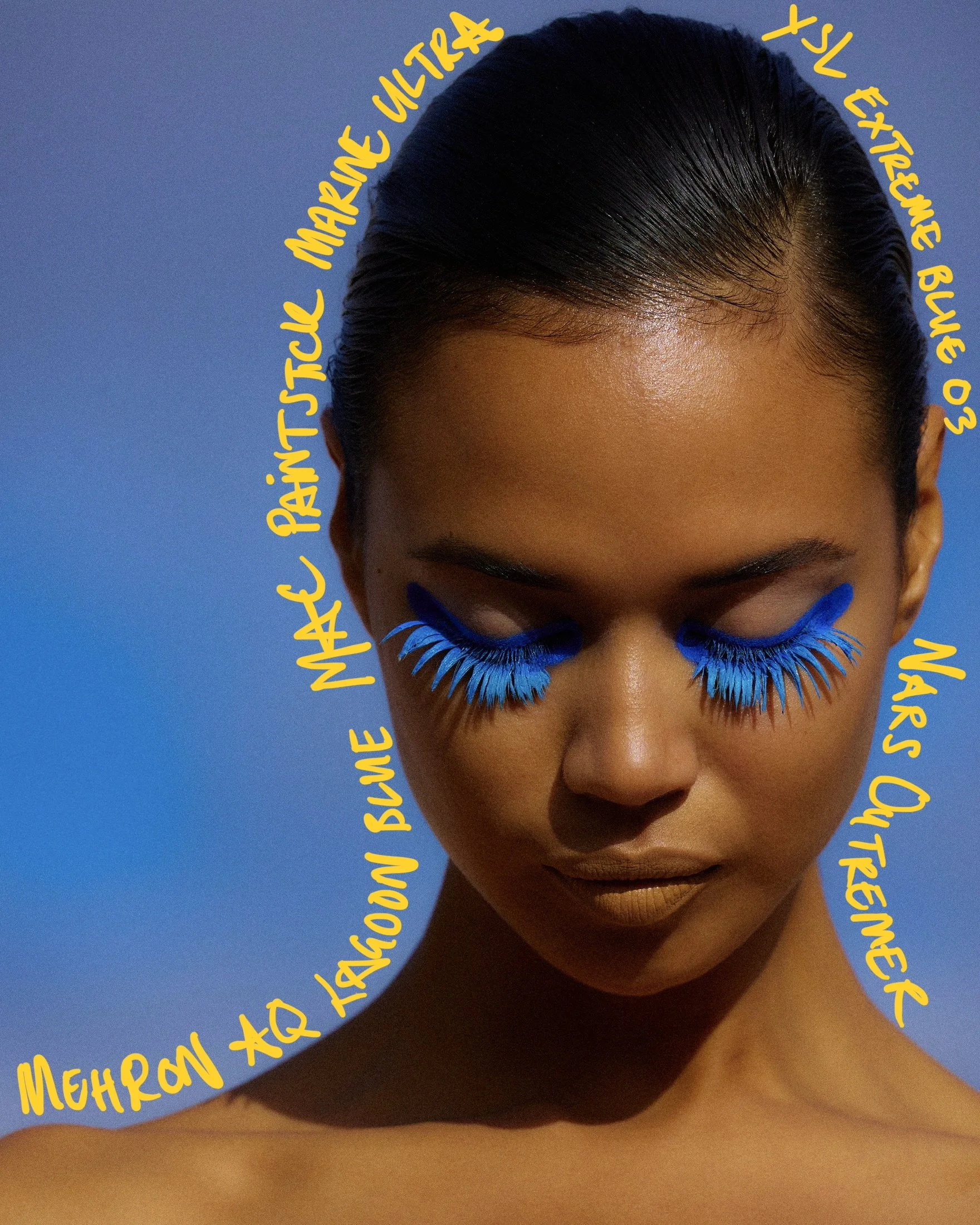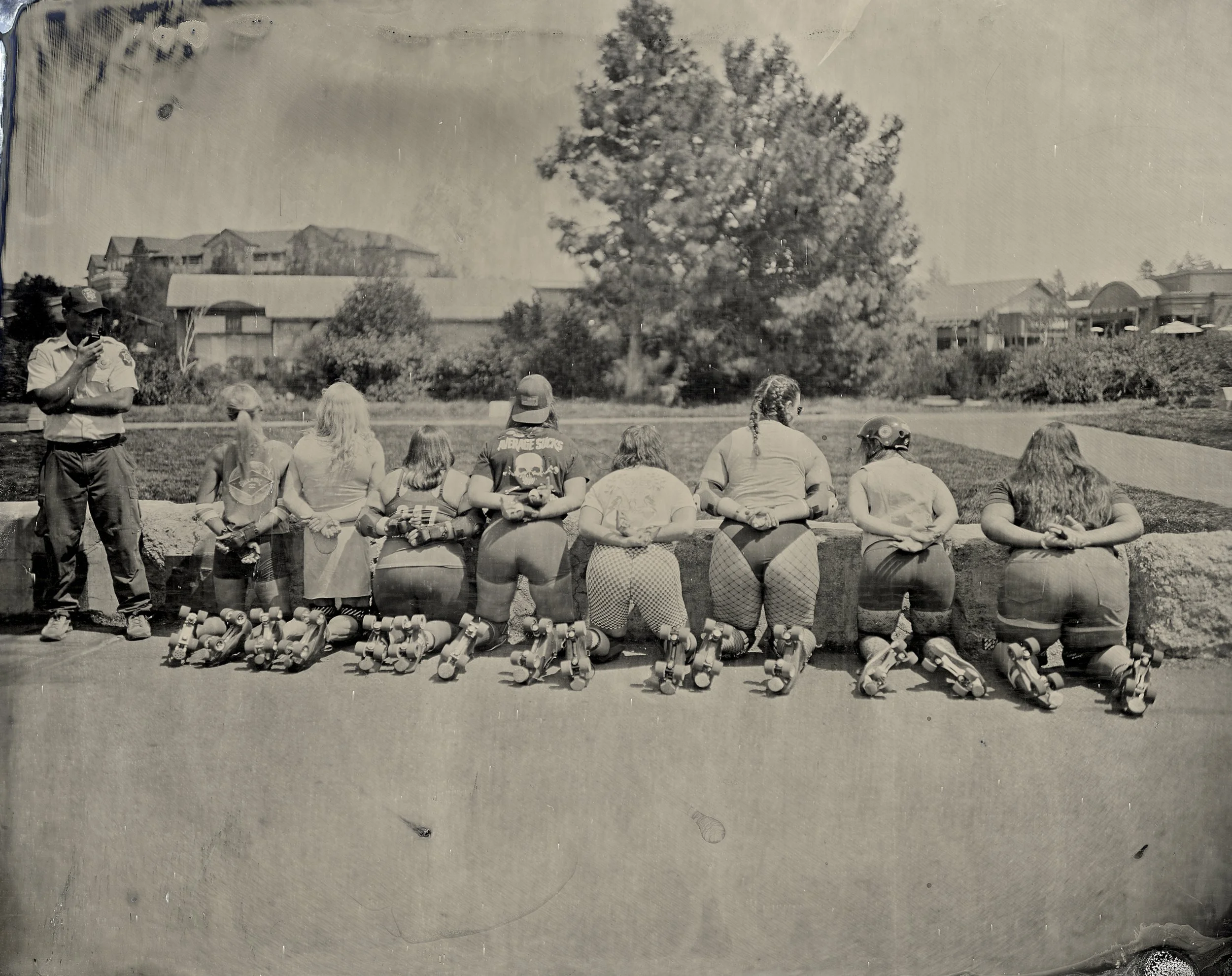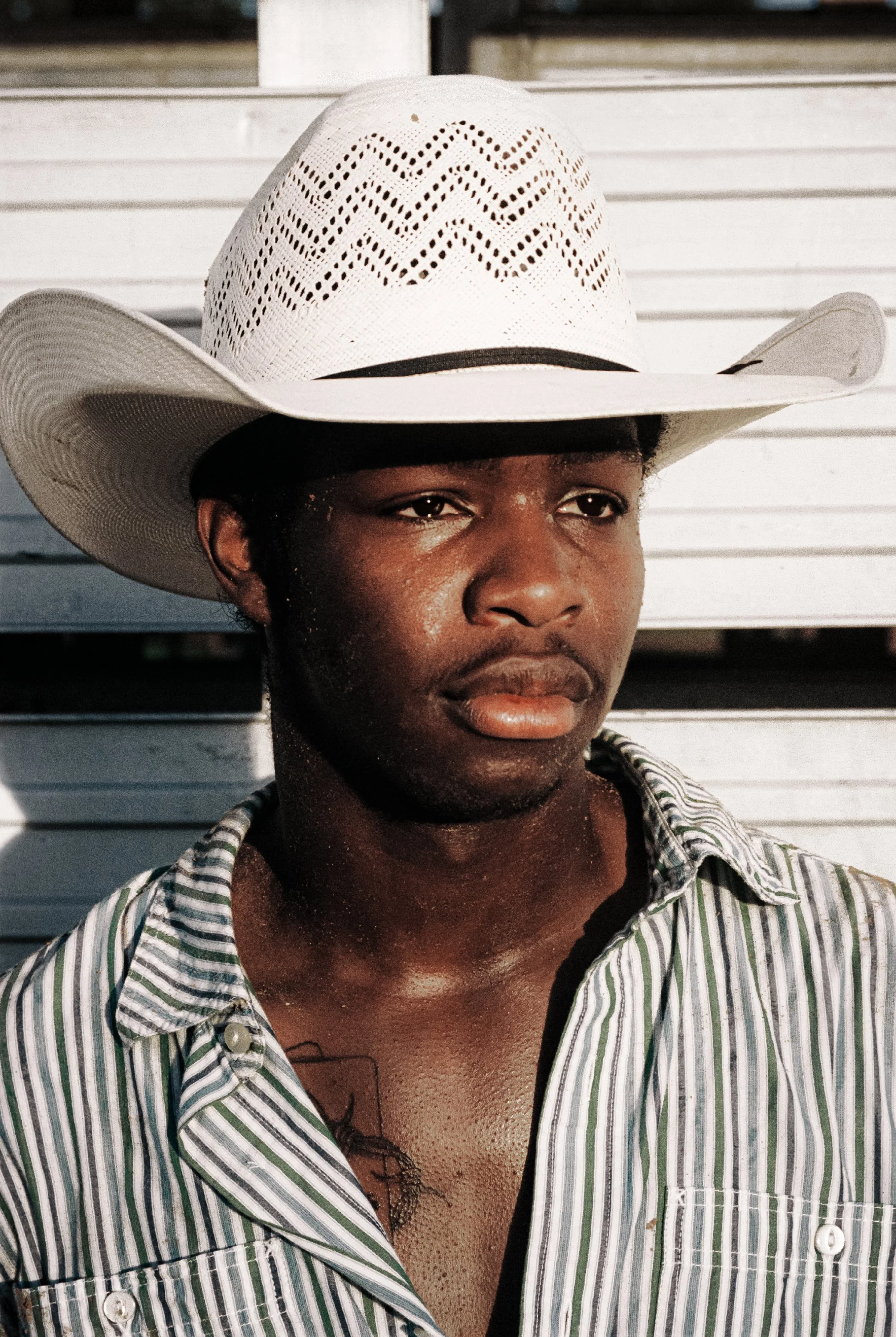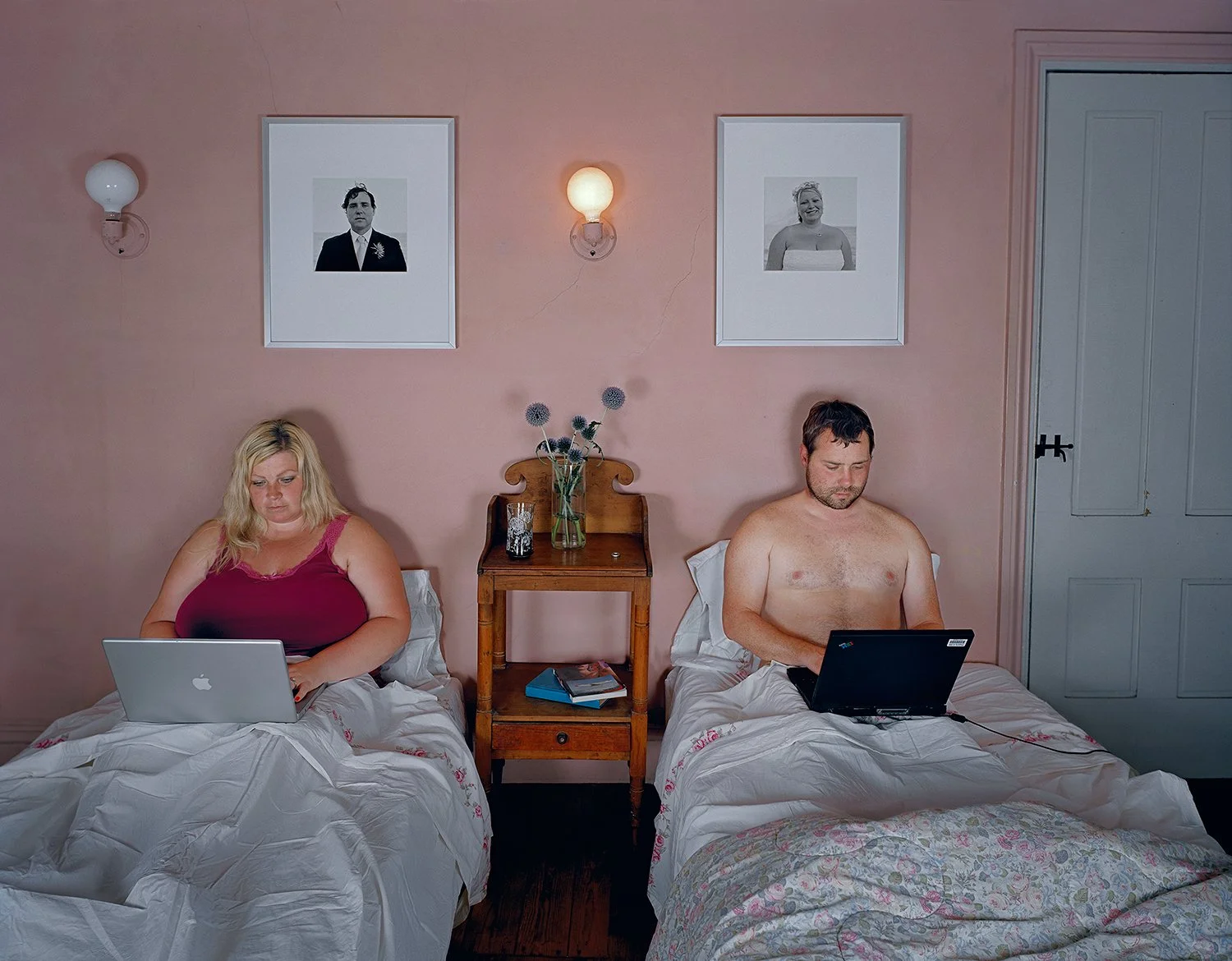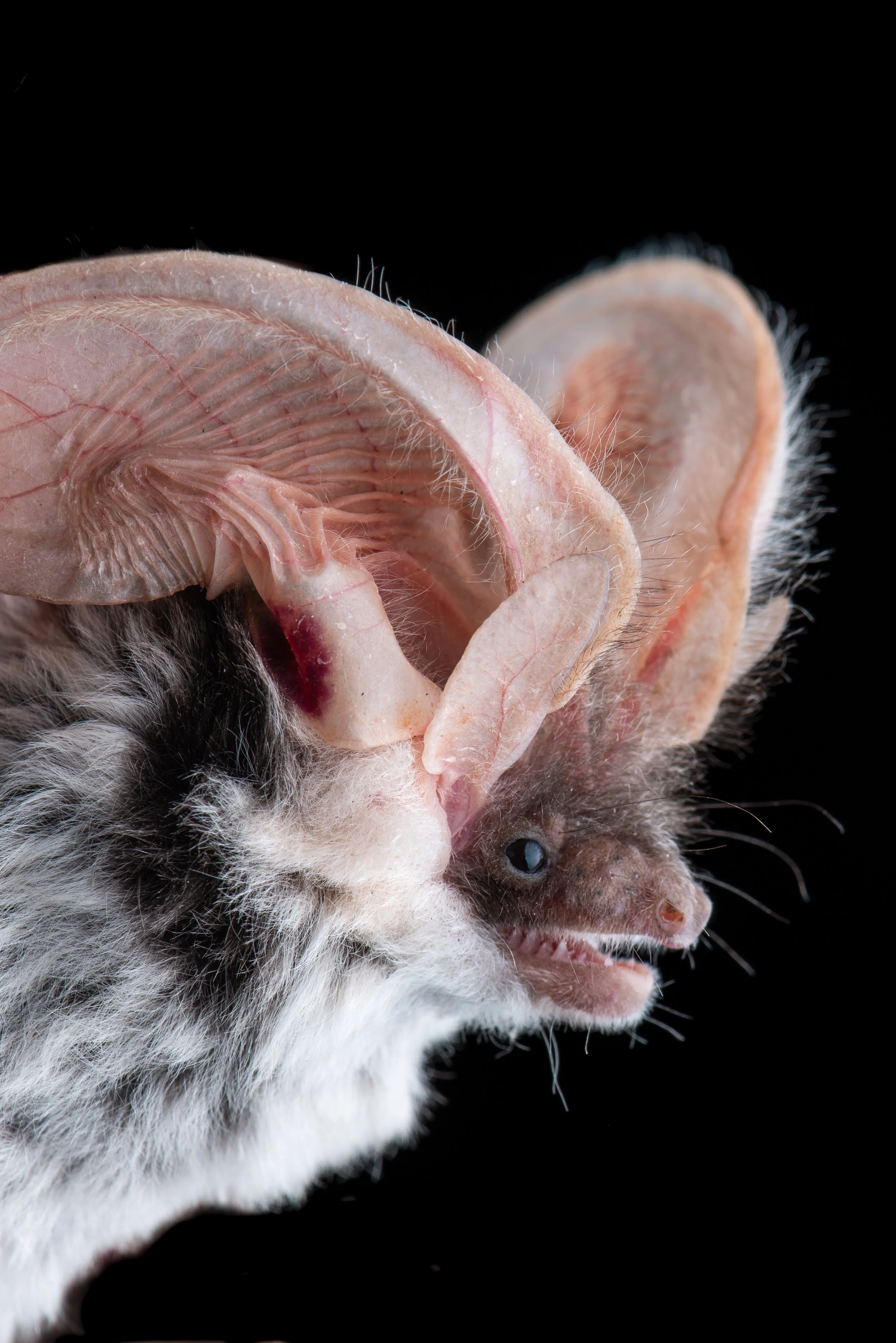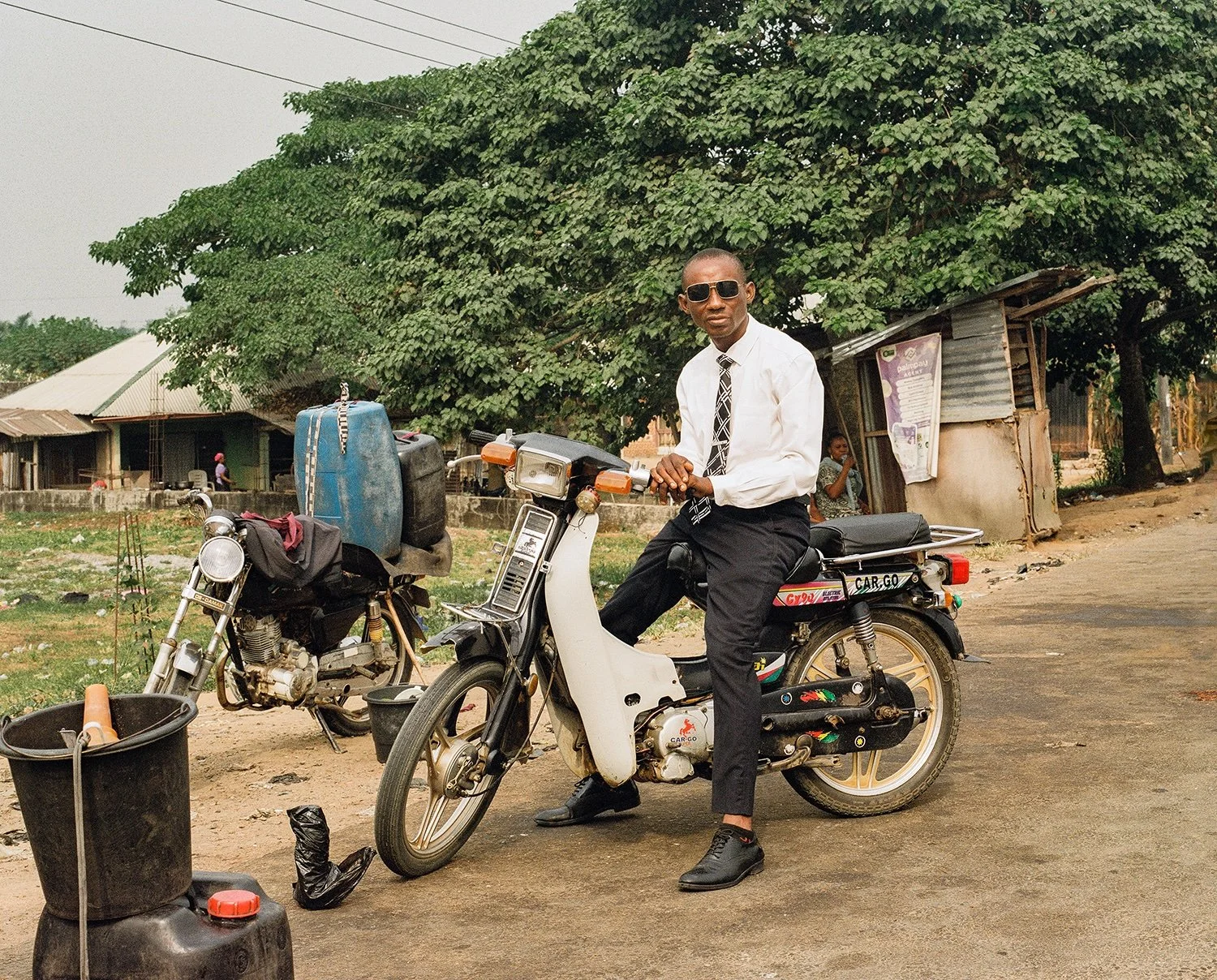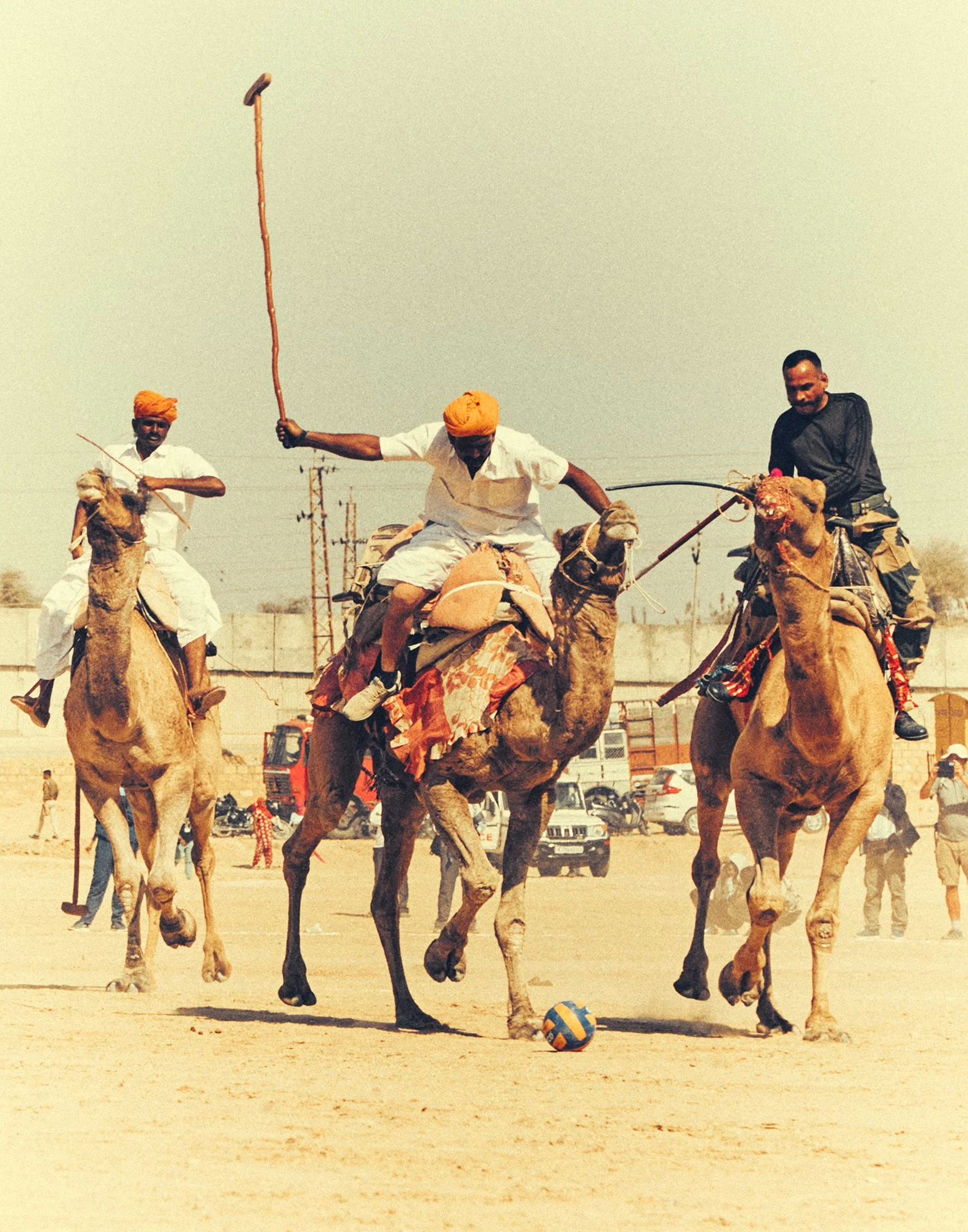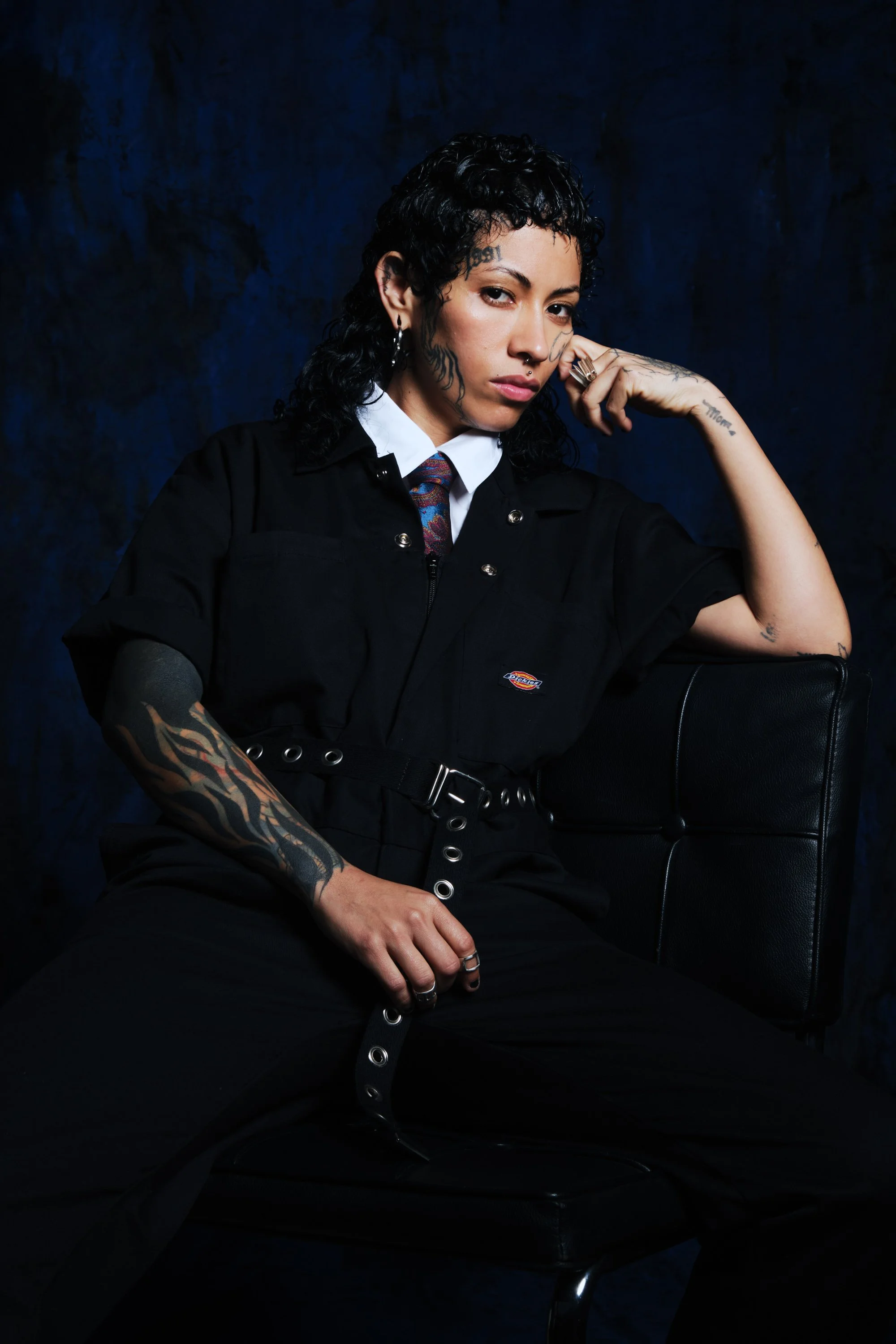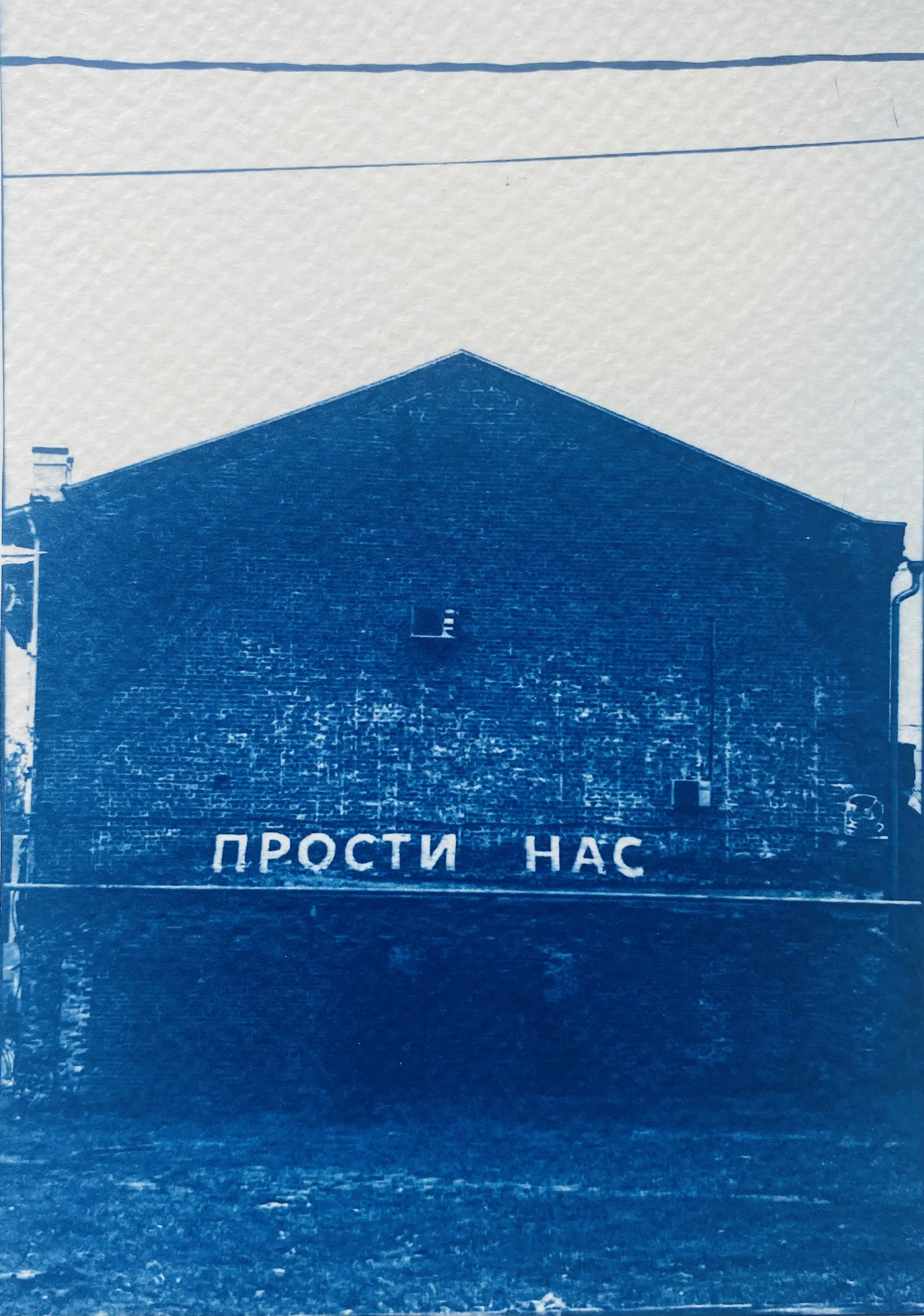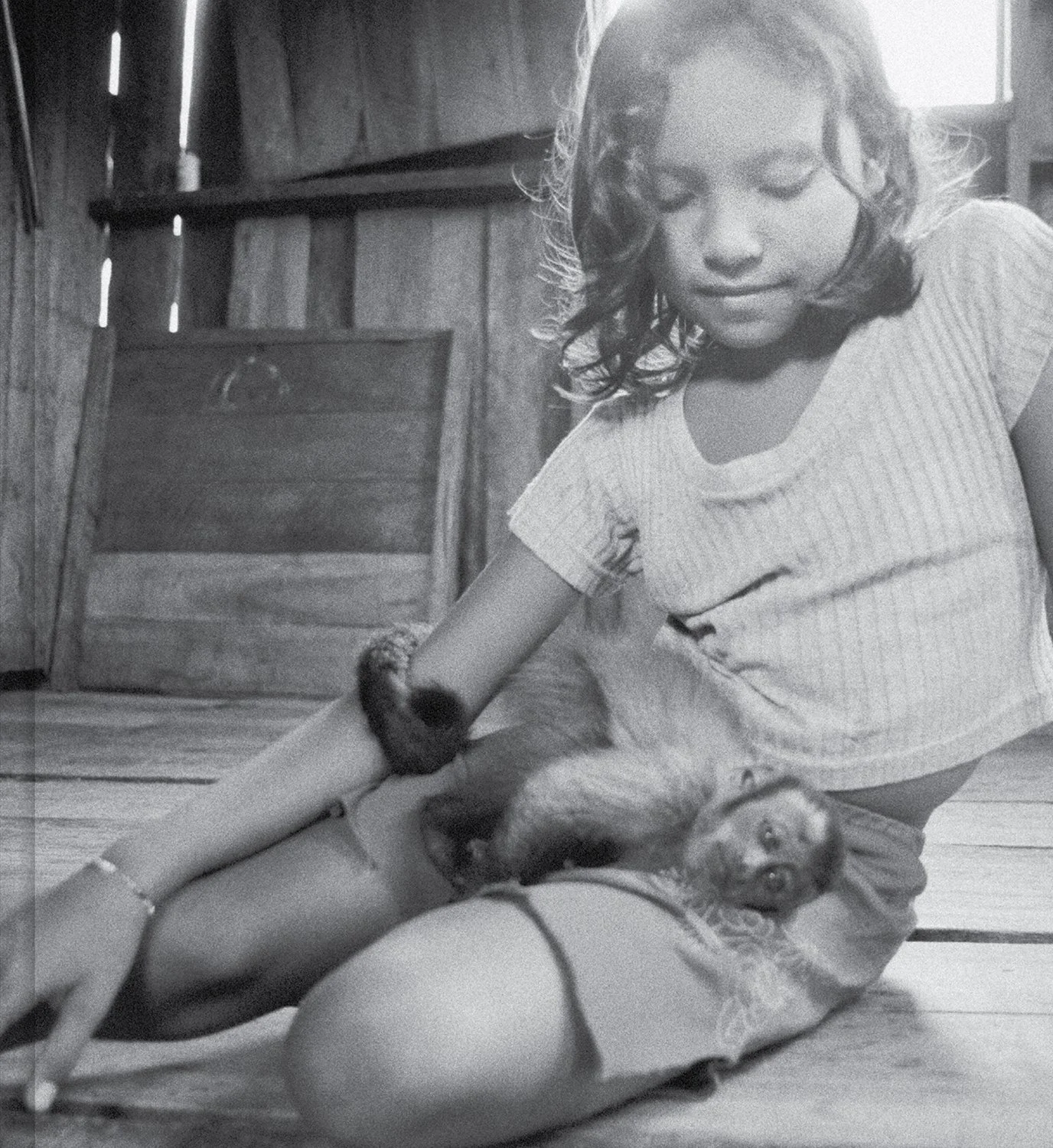Léonard Pongo: Apophenia
Congolese artist Léonard Pongo’s first solo show in the UK, Apophenia, explores ways of knowing a place as rich and complex as the DRC. He interprets the land as a reactive entity in an attempt to show that a living body of knowledge is a valuable as other more sterile ways of knowing a place. It’s a deeply moving act of decolonisation that functions on an almost sensory level. We spoke to him about his work.
Interview Holly WycheCould you tell me what Apophenia means to you?
I use the title because it's the tendency to interpret sensory input into something that makes some sort of sense. For me, that's a nice way of playing with the idea that we make sense of things in a specific way and how biased perception can be. Usually, the solution to that bias is the use of scientific methodology that is repeatable, verifiable, falsifiable, so that you can improve and be more and more exact. I'm looking at Congo and the land, traditions and connection to the land, and what I'm learning is that realities are more complex. I'm looking for ways in my work to create a bridge with that conception of reality being manifold.
The main entity that I want personally to interact with and that inspires my work is not human. It's the land itself. My Congolese culture, which is not something necessarily rigid, has this concept that multiplicity is intrinsically part of the experience, not just as a human, but that's how the fabric of reality is constituted. The land is the ultimate frame of reference for us as a people, and we are bits and pieces of that. There's a legacy of telling what the Congo is, who the Congolese are, how it functions, from an extremely biased way that is motivated by storytelling constructed outside of Congo and in a very disconnected way. For me, I needed to be as connected as possible. And not so that I would tell 'the' real story of the Congo, but so that I could tell a story that's faithful to my values, and that is centred on how people from that context understand it. For me, that's deeply altered the way that I think of myself, these spaces where I work and the people, and it's pushed me to branch off into ways that are maybe more abstract, and maybe less and less figurative.
Your work reminded me of a quote about spatial memories, it's from Invisible Cities. “I could tell you how many steps make up the streets, rising like stairways and the degree of the arcade curves and what kind of zinc scales cover the roofs. But I already know this would be the same as telling you nothing. The city does not consist of this, but of relationships between the measurements of its space and the events of its past.” That sounds similar to how you describe the Congo.
Yes, the fact that memory is such a failing frame of reference, but we somehow hold on to it because we needed to make sense of things. I never try to pretend I'm the master or the holder of these logics, of this heritage, of this knowledge. For me, the land is and I'm trying to make sense of things with that frame of reference. The slave master relationship is not fruitful to proper understanding, and with the quote that you just read from Italo Calvino, there's one word that strikes me is the idea of relationship, and it's the relationship of that you create. For me, it's with the images that I create that are a bridge to other things.
How do you communicate a relationship to a living, breathing land like the Congo to people without that context?
There's a relationship with photography that is very instrumental, analytical and mental. It is possible to have this activating transfer of knowledge, and creation of a relationship, with printed photographs. But over time, it's become not my preferred way. I use a lens-based process and the camera is there to create a first sketch. Then there's a whole process of experimenting of imbuing myself in a realm of visual representations. Photographs, images, forms, shapes, and looking at how we talk about the latent image. The experience of being in the DRC surrounded by my family has deeply altered the way that I'm willing to use images, and that comes from this whole train of experiences, relationships, alterations, of questioning of these practices. So right now, these objects are my attempts to be somewhere else. Another experiment of seeing if people also connect with that.
“I had the realisation that photographs do not hold any truth… I’m more interested in how I can bring my process closer to how a painter, a sculptor, can craft something ex nihilo.”
It’s operating on semiotics, in the way that everything photographed, everyone has a predetermined relationship to and understanding of. It’s interesting that you're using photography and taming that specific symbolic element of it, removing the specific object of the Congo and starting from scratch with your own symbols. My first feeling when I looked at your pieces was that it’s like looking at what it feels like when the neurons fire in your brain thinking about a thing, rather than actually perceiving that thing.
In the same way that with Wittgenstein, the thoughts supposedly becomes formed at the moment where it's materially put into words but exists a lot earlier. That's what you describe, this semi-precise hallucination that is more dreamlike than substantial. And I think in this hazy space, there is a possibility to connect. Not just sensorily, but emotional, and other things that touch different parts of the bodies and the brains that carries a different type of experience. We assume that photography, because it rigidifies a reality at a certain time, defines it. But I could take a photo of your hands right now and create so many stories that make any or no sense at all, just based upon a crop that is contextualised with words. And so, for me, working with photojournalism for years and having an anchorage in documentary photography, I had the realisation that photographs do not hold any truth. I'm not saying that has no value. But I'm more interested in how I can bring my process closer to how a painter, a sculptor, can craft something ex nihilo. It’s never really the case but working with more freedom. I think I've been craving that freedom for a long time. Bringing elements of painting into my work, layering the different textures and matching realities, allowed me to do that. And what informed me is the geometric and visual arrangements that exist in the traditional crafts and in traditional philosophies and cosmogonies, creating objects which I feel are analogous to that body of knowledge. Again, that's a way of recentring Congolese narratives which for me, is saying this is a valid body of knowledge. But to understand it, you don't just apply your logic to it and slice it down into your categories.
Especially coming from a photojournalist perspective. There was a quote that you gave on your first piece where you started from a photography perspective in the Congo and then graduated into video because photography ‘turned things into parodies of themselves’.
Our chief in Kananga, Chief Kalamba, who watched my film to give me feedback, provided access, educated me. When I met him the first time, 14 years ago, when I was working on ‘The Necessary Evil’ in protestant churches, he told me don't look at the crooks, don't look at the abuse, don't look at all that can happen in these spaces. Look at our culture, look at how you can make that the base for your work. That's what I'm doing today.
It's been one person nurturing with strength, absolutely in a confrontative way, but from a place of love. Love has always been the key factor to transcend inequality, abuse, whatever you want to look at in life that is destructive. In the same way my whole work has always been about the things I want to nurture, the values I want to put forward. There's incredible hate in the world. But I want to focus on the things that I know how to nurture. I don't know how to be constantly fighting what I don't want to see, and I don't know that I'm able to have that energy for long. But I believe a lot more in nurturing what and who represents values which I think are helpful or based on growth.
When I started working with images, I told myself at some point through my work, I will manage to visit and stay my grandfather's village. It took me from the beginning in 2011 returning to the DRC, to that happening last year. Took me 13 years, but I managed to do it. And the sense of accomplishment, and pleasure of connecting with people who know that I exist and have also been waiting to be able to connect. That can never be alienated from them. Nobody can take that away from either me or them. That nurtures different ways of moving forward in the future.
Apophenia is showing until the 22nd of November at Project Loop in Hackney.
About Leonard
Leonard Pongo (b.1988 BE/DRC) is a visual artist and filmmaker working between the Democratic Republic of Congo and Belgium. Deeply rooted in Congolese landscapes, philosophies, and craft traditions, his practice interlaces photography with textile objects, experimental printing techniques, and moving images to form immersive mixed-media installations. Dividing his time between long-term projects in the DRC, teaching in Kinshasa, and commissioned work, Pongo is committed to expanding the visibility of African visual narratives. He is co-director of The Photographic Collective, a platform dedicated to supporting and amplifying the voices of African artists. In Belgium, he mentors emerging practitioners at MINO Lab alongside Otobong Nkanga and serves as an associate researcher at the Academy of Fine Arts in Antwerp. Across these roles, Pongo cultivates a practice that is at once artistic, pedagogical, and collaborative, situating his work at the intersection of image-making, cultural memory, and collective imagination.
To see more of his work, visit his website or follow him on Instagram
